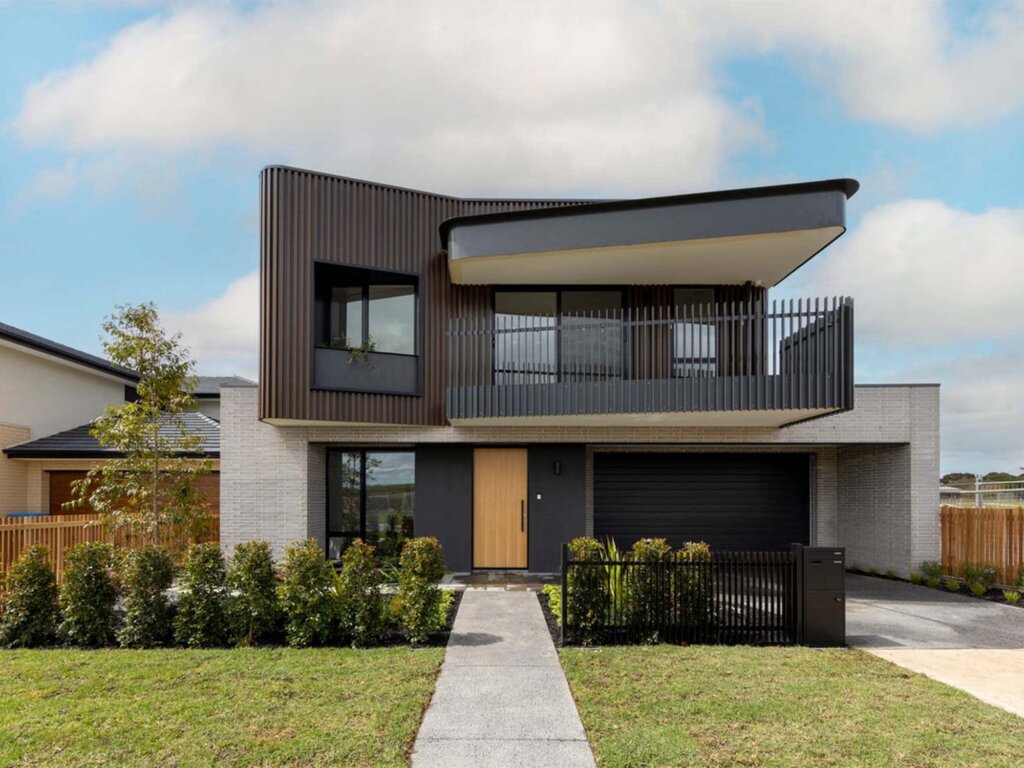
Investing in condominiums, commonly known as condos, presents an enticing prospect in Illinois’ ever-evolving real estate landscape. The state’s diverse housing market and prime locations offer ample opportunities for investors seeking rental income or long-term appreciation. However, like any investment endeavor, condo investments come with their own set of risks. In this article, we’ll delve into the five red flags that every astute investor should be vigilant about when considering the purchase of a condo for investment purposes in Illinois. These cautionary signs, if detected and addressed early, can be the key to ensuring a successful and profitable condo investment in the heartland of America.
1. High Association Fees:
Condominium associations charge monthly fees to cover various expenses, including maintenance, insurance, utilities, and reserves for future repairs. While it’s normal for these fees to exist, excessively high association fees can eat into your rental income and erode your investment’s profitability.
To evaluate this red flag, request a breakdown of the association fees and review their historical trends. Compare the fees with those of nearby condo complexes to determine if they are reasonable. Keep in mind that some amenities, like a fitness center or concierge service, may justify higher fees, but they should be commensurate with the services offered. High fees relative to the amenities provided might indicate poor financial management.
Additionally, consider the association’s ability to manage its finances responsibly. Request the association’s financial statements and budgets to assess their financial health. If you notice frequent budget deficits or a lack of long-term financial planning, it could be a warning sign that the association is not effectively managing its finances, potentially affecting your investment’s stability.
2. Special Assessments:
Special assessments can be a sudden and substantial financial burden on condo owners. These assessments are typically imposed to cover unexpected or significant expenses that exceed the association’s reserves. When evaluating a condo investment, inquire about any recent special assessments and their reasons.
Frequent or large special assessments may indicate that the condo association has ongoing structural issues, deferred maintenance, or inadequate financial planning. It’s crucial to assess the association’s ability to handle unexpected expenses without resorting to these assessments. A well-managed association should have a healthy reserve fund to mitigate the need for frequent special assessments, ensuring a more stable investment.
3. Low Reserve Fund:
A condominium association’s reserve fund is like a financial safety net, designed to cover major repairs and replacements of common elements such as roofs, elevators, or parking lots. When this reserve fund is inadequately funded or nonexistent, it can jeopardize your investment’s long-term sustainability.
Review the association’s reserve fund and assess whether it meets or exceeds the recommended levels for future maintenance and repairs. A low reserve fund could indicate that the association is not planning for the property’s long-term needs, which may result in unexpected expenses down the line. Ensure that the condo association prioritizes maintaining a healthy reserve fund to safeguard your investment.
4. High Vacancy Rates:
High vacancy rates within a condo complex can significantly impact your rental income and property values. Investigate the reasons behind these vacancies. Are there issues with property management, an oversaturated rental market, or unfavorable living conditions within the complex?
High vacancy rates may also be an indicator of reduced demand in the area, which could affect your ability to attract tenants or future buyers. Research the local market and the desirability of the condo complex to understand whether the vacancy rates are isolated incidents or a persistent problem.
5. Lack of Transparency:
Transparency is essential when evaluating a condo investment. If the condo association or seller is hesitant to provide essential documents or information, it raises concerns about potential hidden problems. Key documents to request include the association’s bylaws, meeting minutes, financial statements, and any inspection reports.
A lack of transparency might conceal ongoing maintenance issues, unresolved legal disputes, or financial instability within the association. It’s essential to insist on obtaining all relevant information before proceeding with your investment. If transparency is lacking, consider it a red flag and proceed cautiously or seek professional guidance.
In the dynamic landscape of condo investments in Illinois, vigilance is your ally, and Cardinal Creek Properties is your trusted partner. Be on the lookout for red flags such as high association fees, special assessments, insufficient reserve funds, elevated vacancy rates, and a lack of transparency. Through meticulous due diligence and expert guidance from our team at Cardinal Creek Properties, you can navigate these potential challenges with confidence, ensuring that your condo investment not only thrives but also stands as a secure and wise addition to your real estate portfolio. Your success is our priority, and we’re committed to supporting you at every turn in your investment journey.

